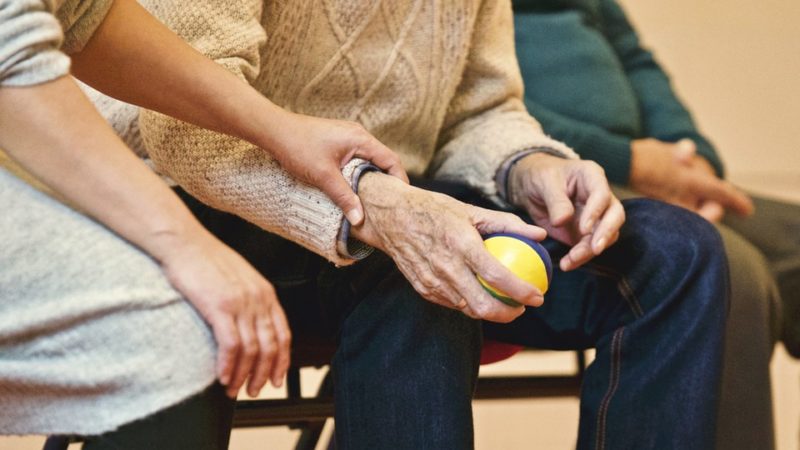Social and economic inequality are not affecting our pockets, but our nation's mental health too. Kate Pickett and Richard Wilkinson write.

Many – perhaps most – people regard ‘politics’ as something boring and distant, as something that does not affect them personally.
It is easy to imagine that what matters is simply our close, intimate world: our emotional wellbeing and our relationships with family, friends and colleagues.
In our new book, The Inner Level, we show that inequality gets right into the centre of this intimate, personal world.
Rather than being something that just affects the poor, we show that inequality affects the emotional wellbeing of the vast majority of the population.
Research shows unambiguously that a key determinant of both health and happiness is the quality of social relationship – how many friends we have, how good our close relationships are, and whether we are involved in local community life. But what gets between us and other people are all the things which make us feel ill at ease with one another, worried about how others see us, shy an awkward in company – in short, all the social anxieties.
For some, these are so severe that social contact becomes such an ordeal that they withdraw from social life. Others worry that they have no small talk or come across as boring, stupid or unattractive.
We tend to regard these anxieties as personal psychological weaknesses that we should hide from others by pretending to be at ease socially.
But these are the most important political divisions between us, isolating us from one another, creating a false individualism, preventing us from acting together, and lowering the quality of life.
We also show that these anxieties are increased in societies with bigger income differences between rich and poor.
Inequality matters because it strengthens the belief that some people are worth so much more than others. Those at the top seem hugely important and those at the bottom are seen as almost worthless.
In more unequal societies we come to judge each other more by status and worry more about how others judge us. And research shows that inequality increases status anxiety in all income groups – from the poorest ten percent to the richest.
A recent Mental Health Foundation Survey found that 74% of adults in Britain were so stressed at times in the past year that they felt overwhelmed and unable to cope. One-third had suicidal thoughts and 16% had self-harmed sometime in their lives.
High material standards are not enough to produce genuine wellbeing.
We show that there are two responses to the worries about how others see and judge us, to the increased ‘social evaluative threat’ which inequality exacerbates. One is to feel overcome with lack of confidence, feelings of inferiority and low self-esteem. This leads to high levels of depression and anxiety in more unequal countries.
The other response is to try to big yourself up in others’ eyes.
‘Self-enhancement’ takes many forms. It may be status consumption and consumerism as we try to present ourselves as successful people. It may be a narcissistic flaunting of one’s achievements. It can go as far as cosmetic surgery or sociopathic attempts at self-advancement. And again, we show that these responses are more common in more unequal societies.
To deal with all these social anxieties we inevitably make more use of alcohol and drugs.
Showing the intimate damage that inequality does to all of us, including pushing up rates of mental illness, is only the beginning of our new book. We go on to show how false the ideology is which supports inequality, both the idea that humans are inevitably competitive and inegalitarian, and the idea that the so-called ‘meritocracy’ reflects natural difference in ability.
And finally we argue how we could move towards environmental sustainability and much higher levels of wellbeing.
The key, we argue, is to work not only on a redistributive system of taxes and benefits, but more importantly, by extending democracy into the economic sphere and campaigning for all forms of employee democracy.
The key is, in sum, the end of the socio-economic system as we know it.
Richard Wilkinson and Kate Pickett are both co-founders and board members of The Equality Trust. Their new book, The Inner Level, is out now.
Left Foot Forward doesn't have the backing of big business or billionaires. We rely on the kind and generous support of ordinary people like you.
You can support hard-hitting journalism that holds the right to account, provides a forum for debate among progressives, and covers the stories the rest of the media ignore. Donate today.



